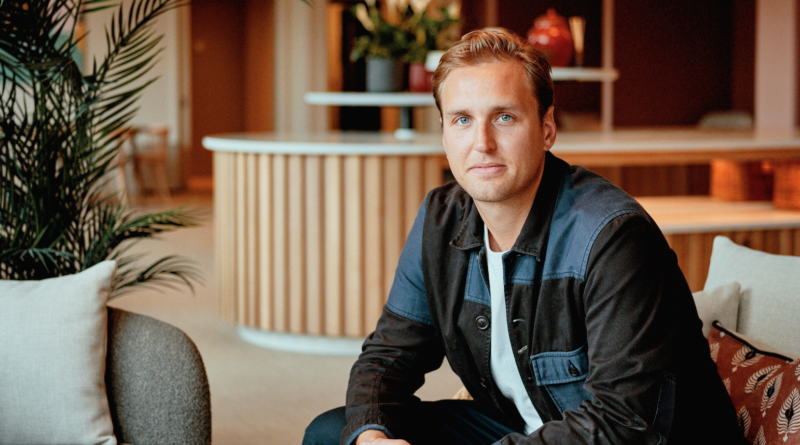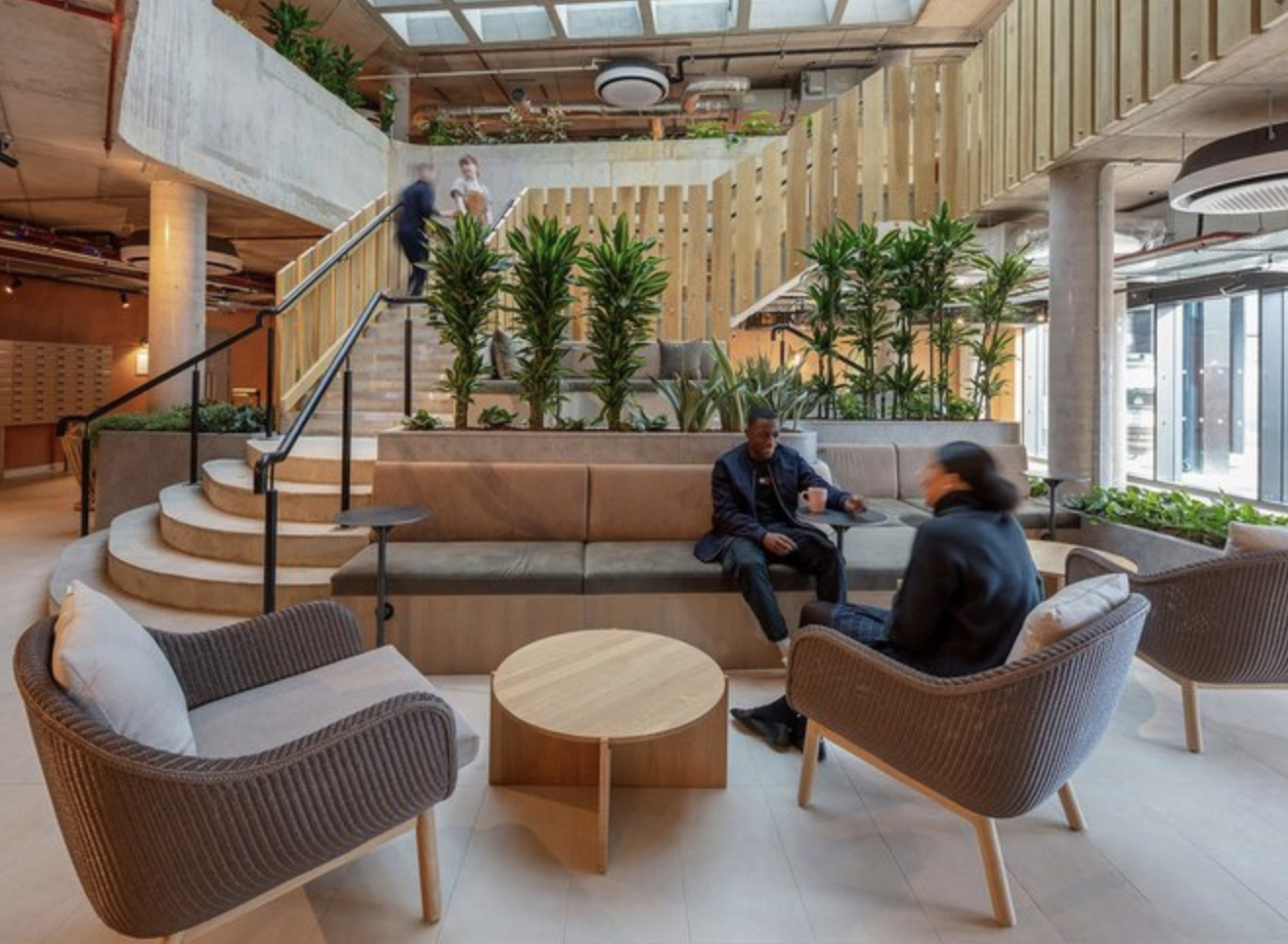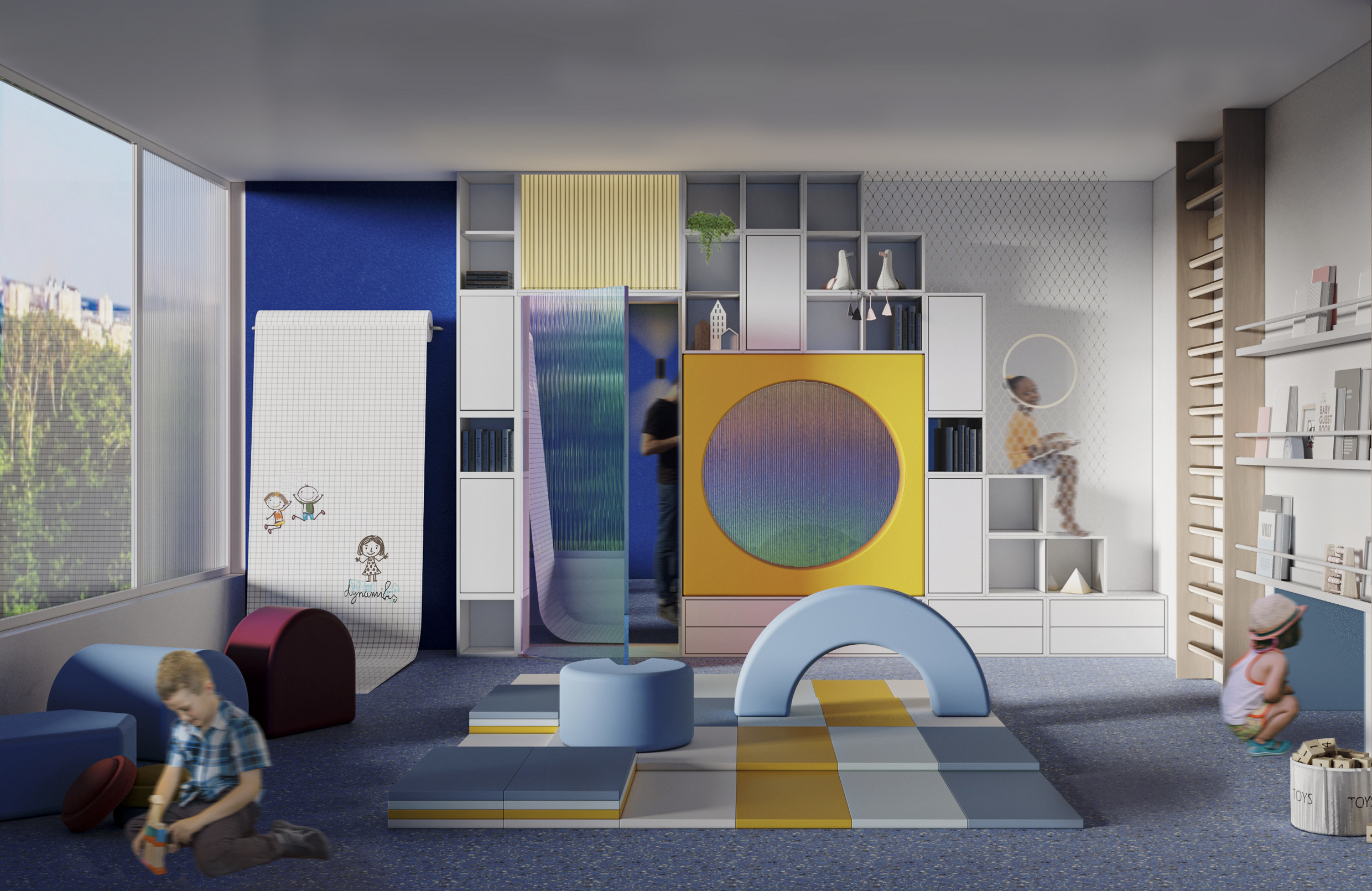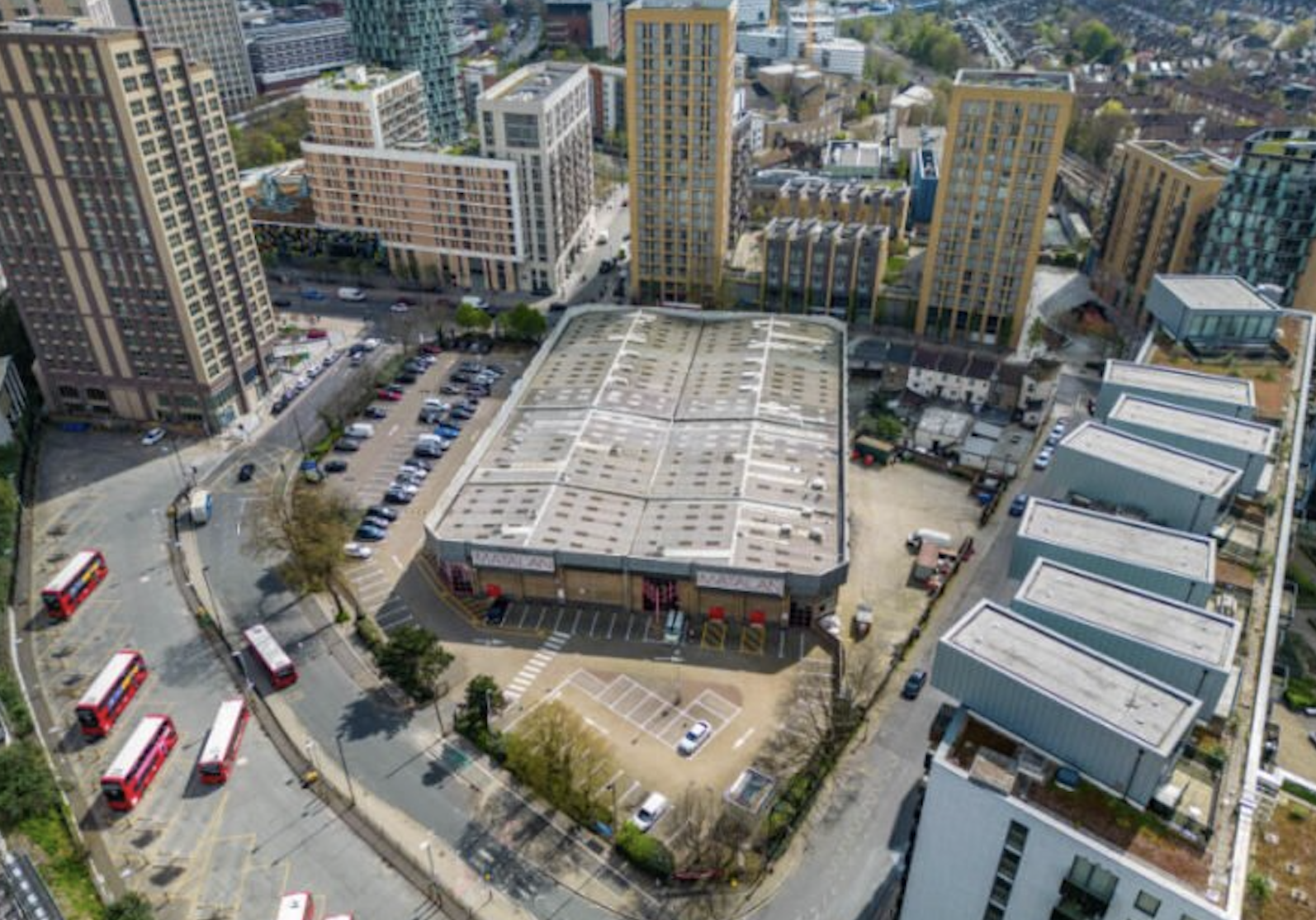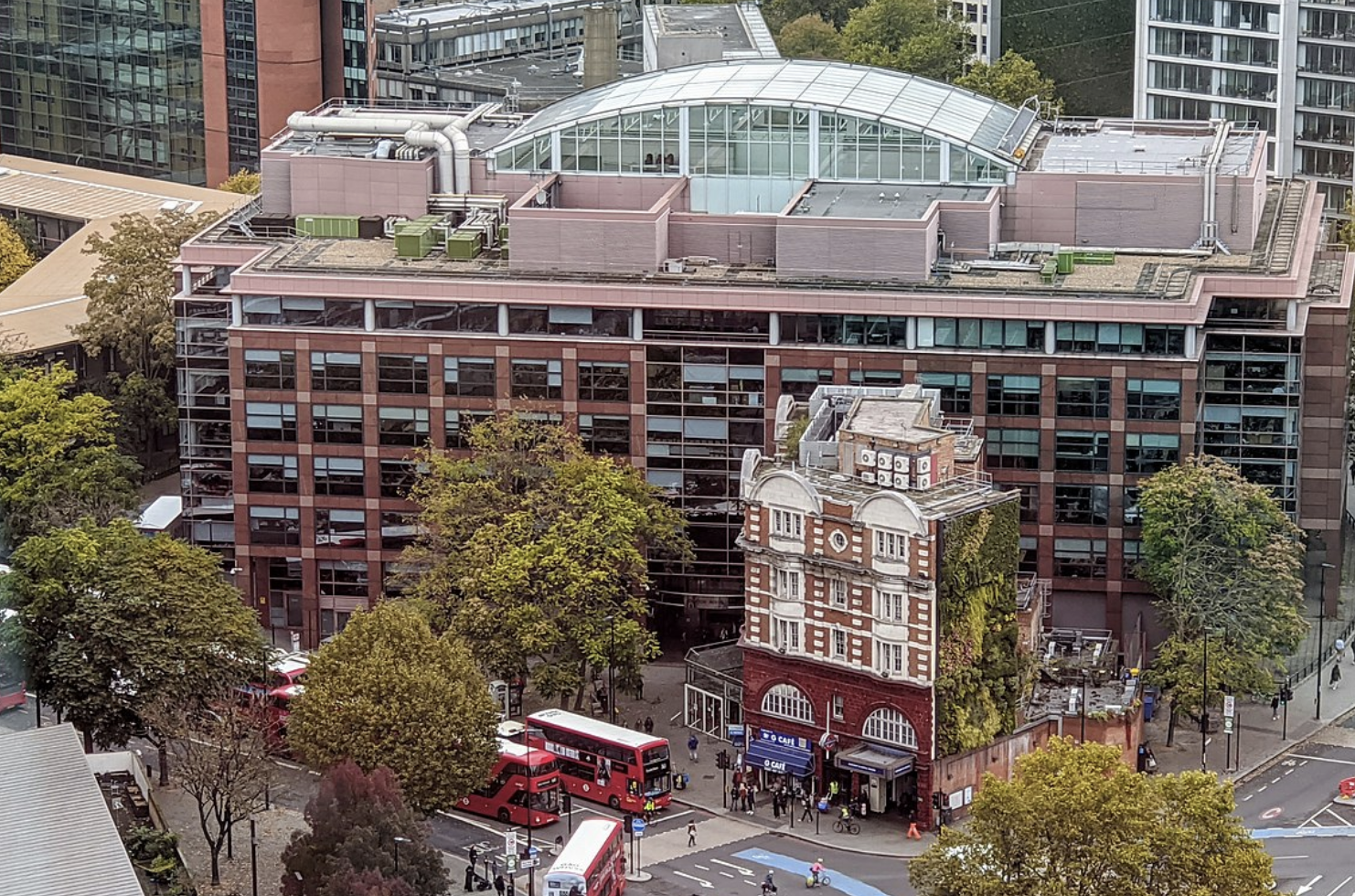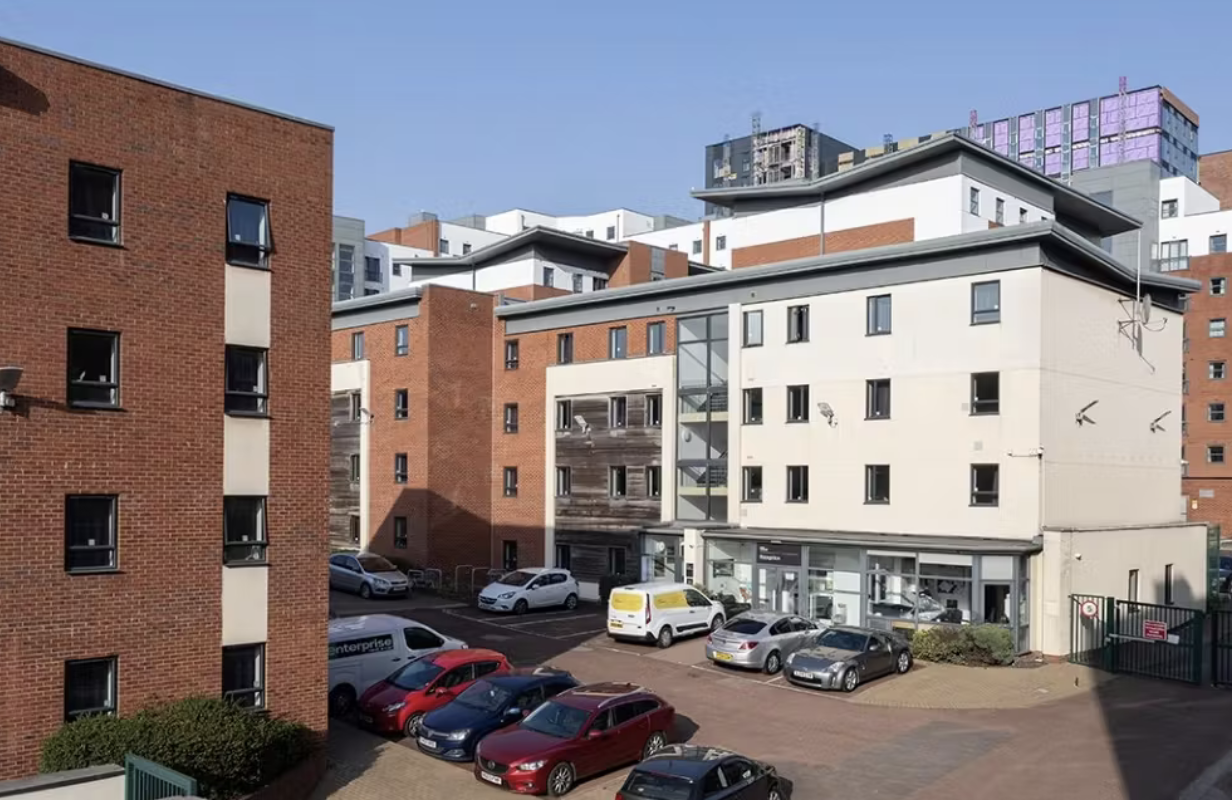ULN talks to Charlie Gayner, co-founder of ARK Co-living, about how applying a hospitality ethos is redefining the living sector.
• How would you define hybrid hospitality?
“Hybrid hospitality blends hospitality concepts such as hotel, coliving, coworking, members clubs, and F&B all into one place. By embracing ideas and characteristics of these different hospitality concepts, ARK provides the flexibility and community that consumers are currently demanding, and a place where people can work, eat, sleep and play under one roof regardless of their length of stay.”
“A large inspiration for us is great hospitality and member-led brands to see how we can deliver a similar lifestyle and design led experience but at a much more accessible price point if someone was staying with us for 12 months. In doing so, ARK can help young professionals to bridge the gap between their income level and their aspirations for a high-quality lifestyle in London.”
“This idea of ‘affordable luxury’ has been a big focus for us and we’ve worked with some of the best interior designers and architects in an attempt to try to democratise good design at a more affordable price point. We’re seeing this as a growing trend in hospitality, however we’ve also taken inspiration from other industries such as fashion brands like Ganni whose success has been in their ability to deliver high design for a similar demographic, at a price point that previously hasn’t been affordable.”
“We also actively tried to avoid the look and feel of corporate hotels or serviced apartments. Often the more corporate and functional brands tend to lack warmth and character – we wanted to route the design and experience around notions of home and family, which has led to a relaxed, warm and informal environment. Every space is furnished, however spaces have been designed with flexibility and the ability to longer term stays to customise their experience. For example, we’ve created an ARK colour palette for guests to chose the paint in their studios, whilst providing ample storage and open shelves and picture frames for those staying for longer to personalise their space.”
“Given our members stay for a longer period of time than a typical hotel, community plays a bigger role in our buildings. We find that community happens organically when people are staying for a longer period of time and they take ownership of the space is if it were their own. Already we’re beginning to see our first guests relax into the space, genuine friendships are being created and community clubs are being organically formed – something you won’t see in hotel residences and serviced apartments. From an investment point of view, hybrid hospitality can be attractive and less risky to traditional hotels. It enables a higher occupancy through a diversified demographic and lower operational costs.”
• What is coliving? Aparthotels, coliving, BTR – what’s the difference?
“Coliving is an innovative, hybrid variant of typical rental accommodation. Essentially, it can be akin to a managed residential rental product or a hotel-like service designed to flexibly meet the needs and demands of single private renters, conscious travellers and commuters. Unlike your other rental options, coliving studios are considerably more affordable and now seen as the modern alternative to HMO’s (Housing in Multiple Occupation) which we’ve seen in the last decade. Coliving provides a service with a fixed rate, removing any deposit pressures and market-influenced changes.”
• Where is the demand coming from?
“Although still in its infancy, the demand for coliving has increased immensely – largely a result of the pandemic. According to research set out by CBRE, ‘the potential demand pool for coliving in London is around 515,000 tenants. This is the number of private renters aged 26-45 earning over £30,000 and currently living in a single household or house shares’.”
“At present, our guests span from students, working professionals and nomads who still believe in city living and everything London has offer. We are also seeing demand from the local community wanting to live in the building, as well as heads of local councils. It means that policy and decision makers, as well as local community, are experiencing ARK for themselves and understanding the true essence of a coliving space – that’s a huge step for the sector.”
“We can expect an increased demand of people moving into hybrid homes, especially in London where the city is home to 21 per cent of the UK’s private rented population. With a shortage in demand across the traditional rental market co-living will be the way forward for many.”
• What is the future of hybrid living and what trends will we see over the next 12 months?
“Just as we’ve done with ARK, we expect to see more repositioned hotel assets that can deliver a hybrid form of income and service. In doing this, we’ve been able to achieve in one year what can take four to five years if doing a ground-up development.”
“In post-pandemic shifts, the entire sector has seen the demand for more work and external space. We’ve embraced the live-work model and offer desks with USB plug in ports, quiet booths for video calls and private meeting rooms with conference call facilities, as well as high speed Wi-Fi. In terms of external space, Wembley ARK’s roof top terrace offers 360 views across London, as well as a yoga space and community garden. This, as we know, is a very limited experience for private renters in London and we’ll begin to see as a must-have for many in the market.”
“As far as consumer expectations go, the new generation of coliving will be designed to have bigger rooms and community-focused amenities. These spaces will offer a real sense of vibrancy and flexibility, and our buildings will align with the level of connection that people long desire for in the hotel sector.“
• How does hospitality foster a community?
“Community is at the forefront of ARK’s agenda. Our amenities and well-versed cultural events programmes are one way that we use our multi-functional spaces to attract guests and foster that community concept. What would have been ‘back of house’ in your typical hotel, has instead been creatively transformed into additional spaces for guests to play and work. This cultural programme is manifested through events to bring people together such as yoga, cooking, HiT sessions, talks which promote knowledge sharing across a range of topical issues and music led events to support emerging music talent.”
“Social impact is also really important to ARK, and we strive to be a good neighbour for the surrounding community as well. We offer free accommodation for local women who have suffered at the hands of domestic violence through partnering with the Al-Hasaniya Women’s Centre, which is accredited by the United Nations Economic and Social Council. We’ve also donated more than 1,000 pieces of furniture to local families and shelters in response to a rising cost of living.”
• What effects do you think the growth of coliving will have on the hotel sector? Are you seeing investors shift their investment focus?
“Though not far off from each other, the hotel and coliving sector are two different operating models and entities. In the future, we believe that consumers will opt for hybrid coliving spaces over hotels for more connected staycations or temporary accommodation.”
“Coliving offers high-quality accommodation at an accessible price point that provides an alternative to traditional HMOs, something widely understood by investors. Investors are attracted to the stable cashflow and underlying demand fundamentals. More and more, lenders are starting to understand the benefits the co-living experience brings with its inclusive offerings like bills, amenities and ESG credentials. To date there have only been a handful of operational coliving schemes in the UK, hopefully with the emergence of ARK and other players in the market the sector will continue to grow over the next decade which will further benefit investors opportunity for yield compression.”
• What inspired you to create a coliving brand and operational platform?
“We saw an opportunity to improve on existing coliving in the market by providing better quality buildings, design and experience. We understood first hand from our own experiences that living in London can be underwhelming as an experience, particularly given how expensive it is. We felt strongly that you shouldn’t have to compromise on where and how you live.”
“New one-bed rentals coming to the market are unaffordable and inflexible, which leads our target market going to spareroom.com and share a Victorian house that has been sub divided from three beds to five beds, or Airbnb which can often be a lonely experience which lacks a consistent quality in the design and customer experience.”
“London can be isolating and monotonous at times and that’s never good for our mental health. Londoners deserve a new way of living and staying in London which offers community, contract flexibility and culture – and we feel hybrid coliving can offer a more connected and inclusive experience. We also firmly believe that no bed should ever be empty in London, and we will always look to offer some of our voids (available rooms) to those who need them the most. We partner with local charities, social enterprises, and community groups, wherever possible and where we have availability, to make a genuine and positive difference to those who need it the most.”
• What can the government and local councils be doing to help support this sector, and the current living crisis?
“Government and local councils should be supporting the sector by reinforcing the need for coliving into housing and economic plans. With the housing crisis at hand, coliving is something that governing bodies will have to consider – even as a short-term solution.”
“Coliving in one instance can expediate housing delivery for boroughs that aren’t meeting their housing delivery targets – and in others – simply offer a great alternative to aparthotel living. It’s great to see that many of London’s boroughs are approving co-living schemes post-Covid and at a time when a forgotten generation needs more support than ever before. Whilst there are challenges and nuances of the approach, we expect to see the emergence of many more hotels being repositioned in to coliving and large-scale, purpose-built coliving communities over the coming years – further establishing a variety of co-living offers within London.”
ARK Co-living has recently opened its first property. A former hotel, Wembley ARK welcomes guests from two nights up to one year, with one-fixed bill. All utilities come as part of this fixed cost, plus access to amenities including coworking, communal living and dining areas, gym, yoga space, Peloton spin studio, and a daily cultural events programme.


